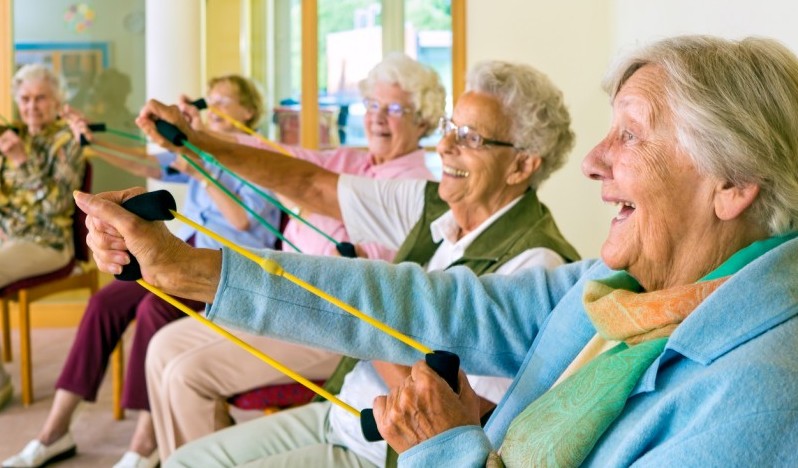After overloading on too many holiday goodies, many of us see losing a few pounds as our number one New Year’s resolution. If this sounds like you, take some comfort in knowing you have plenty of company. More than 100 million Americans are trying to lose weight by dieting each year.
If you do decide to lose weight, a smart approach is a personalized diet and exercise program overseen by a physician or dietician. This is particularly important if you have a chronic medical condition, such as diabetes or high blood pressure. Avoid popular diets that promise quick results. The goal is to keep the weight off, and that will mean a long-term commitment to lifestyle changes.
Extra weight or obesity can be unhealthy by increasing our risk of diseases including cancer, diabetes and heart disease. Even modest weight reduction can make a difference. American Dietetic Association research shows a 5-10 percent weight loss can substantially lower blood pressure and cholesterol.
Because calorie needs decline with age, we don’t have to eat as much as when we were younger. According to the physician-supervised website VeryWell.com, senior women need 1,600-2000 daily calories, depending on their level of activity, while senior men need 2,000-2,800 calories. It’s vital, then, that most of those calories come from nutritious foods that satisfy daily dietary requirements.
At Country Meadows Retirement Communities, we know that weight management is important for maintaining good health. If residents in senior independent living or personal care/assisted living carry extra weight and are motivated to lose it, we are supportive and suggest they first talk with a physician. We also encourage their participation in the variety of fitness programs that we offer.
We offer you a few tips that you should find helpful regardless of your weight-management plan:
- Eat protein—lean meats, poultry, fish, eggs and legumes (e.g., beans, lentils and chick peas).
- Drink water rather than high-calorie sodas and juices. Coffee and tea are fine as well.
- When you eat, first fill half of your plate with vegetables (preferably raw or steamed) and the rest with equal parts protein and starches not high in fat (most rice, pasta, grains and potatoes).
Before you begin any new exercise workout, talk with a physician. Health issues such as reduced oxygen intake or joint problems may have to be factored into your fitness plan. Generally, walking and possibly biking or swimming are the best exercises for seniors. In addition, weight training can help increase muscle mass, and stretching can improve flexibility and balance and lessen the risk of injury and falls.
The staff at Country Meadows enjoys working with our residents to help them remain healthy, fit and active. If you are in the process of choosing a retirement home near you, we invite you to contact us. We would be glad to give you a tour any of our senior living communities and introduce you to our full range of services. We have 10 Pennsylvania retirement communities—in Lancaster, Hershey, Mechanicsburg, Pittsburgh, Wyomissing, York-South, York-West, Allentown, Bethlehem and our newest community, Easton—as well as a Maryland retirement community in Frederick.




1 thought on “Be smart when preparing to lose weight in your senior living years”
Comments are closed.